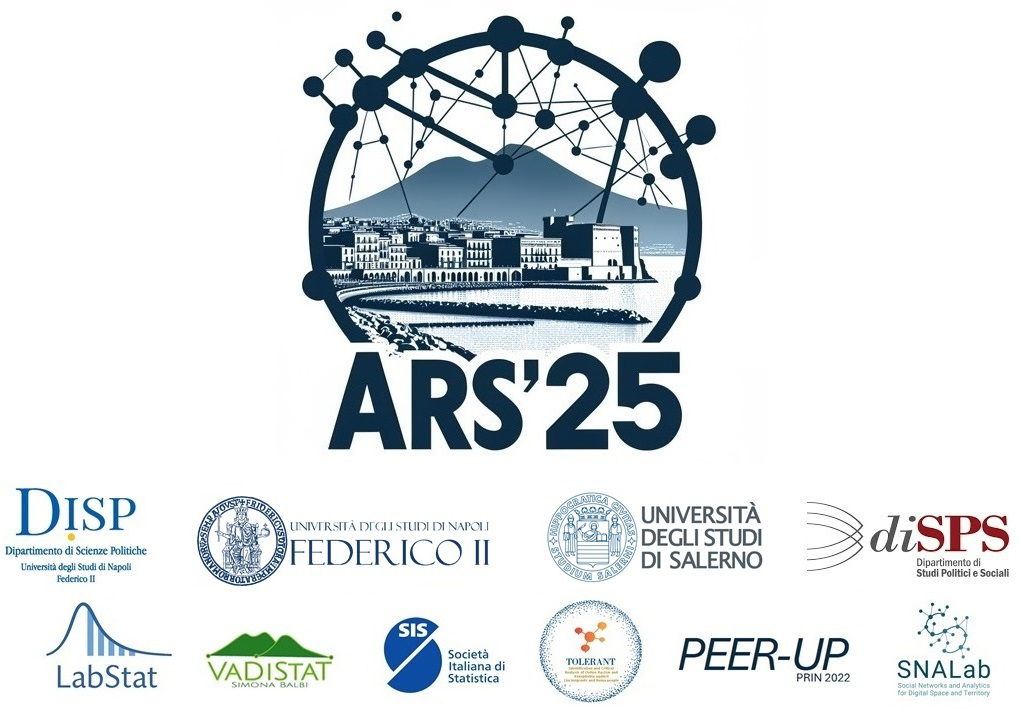Speaker
Description
Research on online discourse on marginalized communities has largely concentrated on hate speech, often overlooking the role of self-representation and community-driven narratives. While the damaging effects of hateful rhetoric have been well-documented, less attention has been paid to how targeted groups articulate their identities, assert cultural agency, and construct counter-narratives in digital spaces.
In this work, we focus on how marginalized communities, particularly Roma italian activists and support networks, actively engage in digital self-definition. Drawing on anthropological methods, this study explores the symbolic frameworks, narrative strategies, and themes that shape these auto-narratives. Anthropology, with its long tradition of examining cultural identities, coupled with quantitative analysis, provides essential tools for identifying recurring topics, metaphors, and symbolic patterns that characterise how communities contest exclusion and reclaim representation.
This work combines digital ethnography, discourse analysis, social and semantic network analysis to systematically examine the language and narrative structures used by Roma influencers and community platforms. In addition, network analysis is employed to investigate the structure and dynamics of digital support communities, revealing how relational ties contribute to the circulation and reinforcement of counter-discourses.
By integrating qualitative and quantitative approaches, the study aims to investigate how Roma digital communities resist stereotypical representations, negotiate identity, and contrast hate in online environments. Ultimately, it demonstrates the need for interdisciplinary approach to decode the cultural and rhetorical complexity of digital self-representation and to better understand the role of marginalized voices in shaping contemporary digital discourse.
Keywords/Topics
Online counter narratives, social network, digital ethnography

